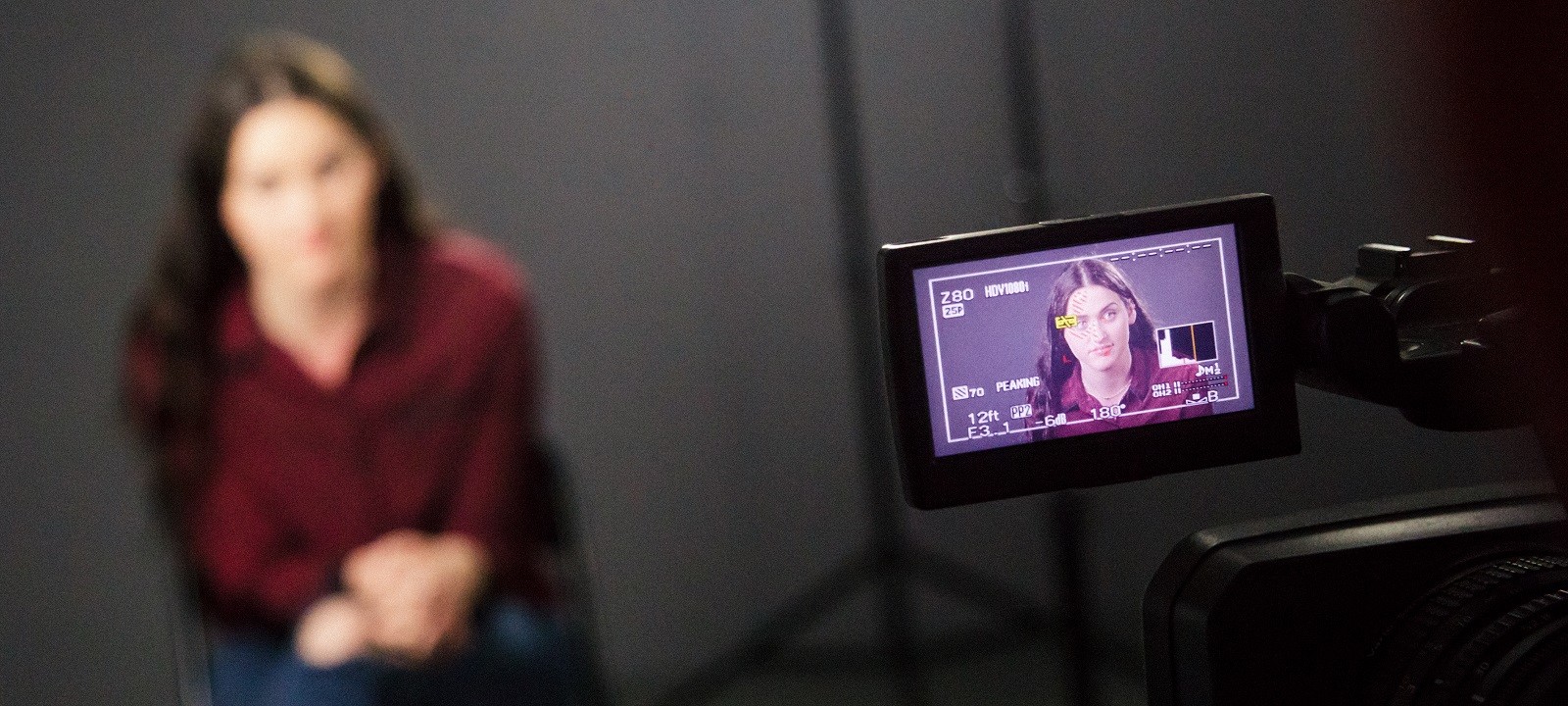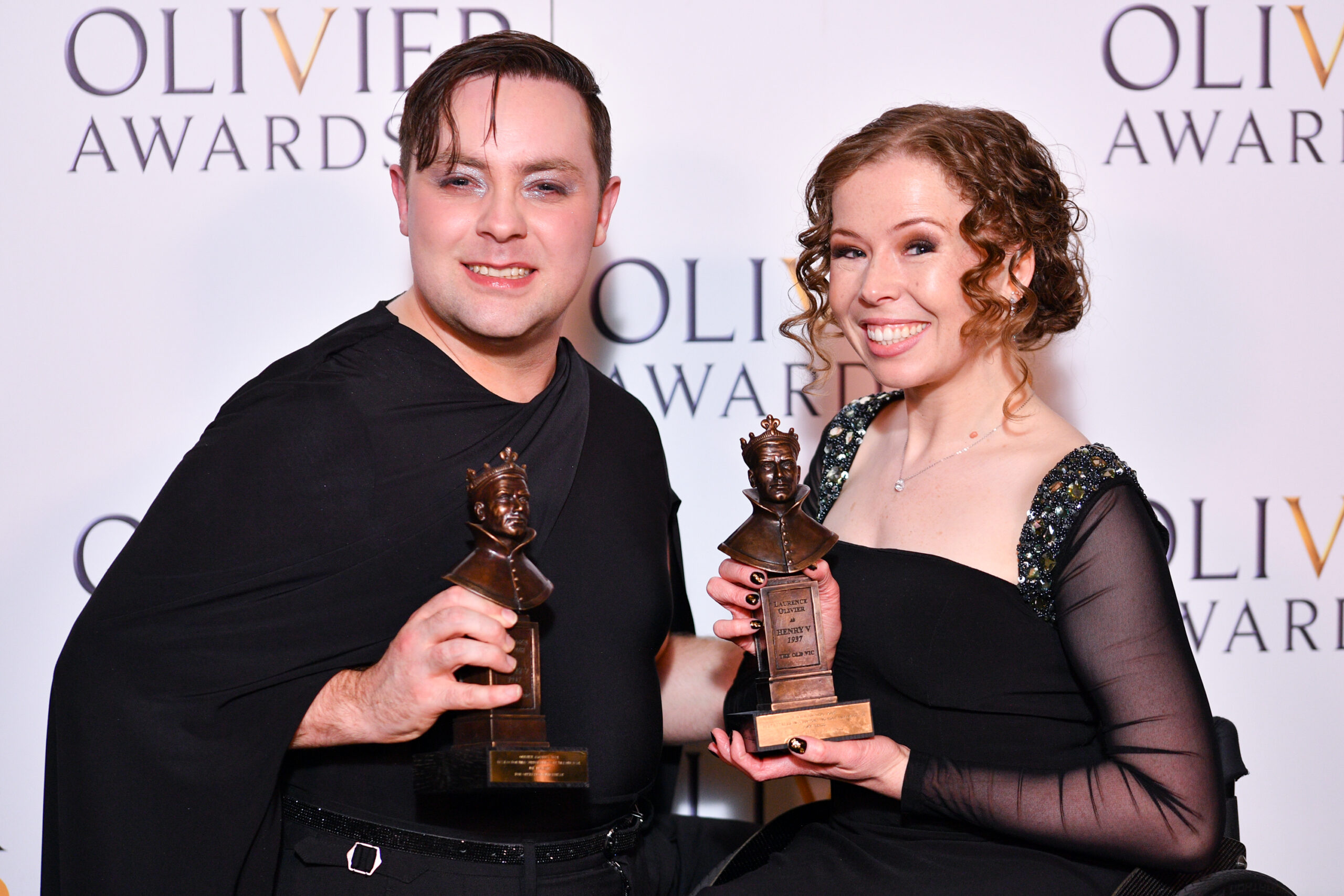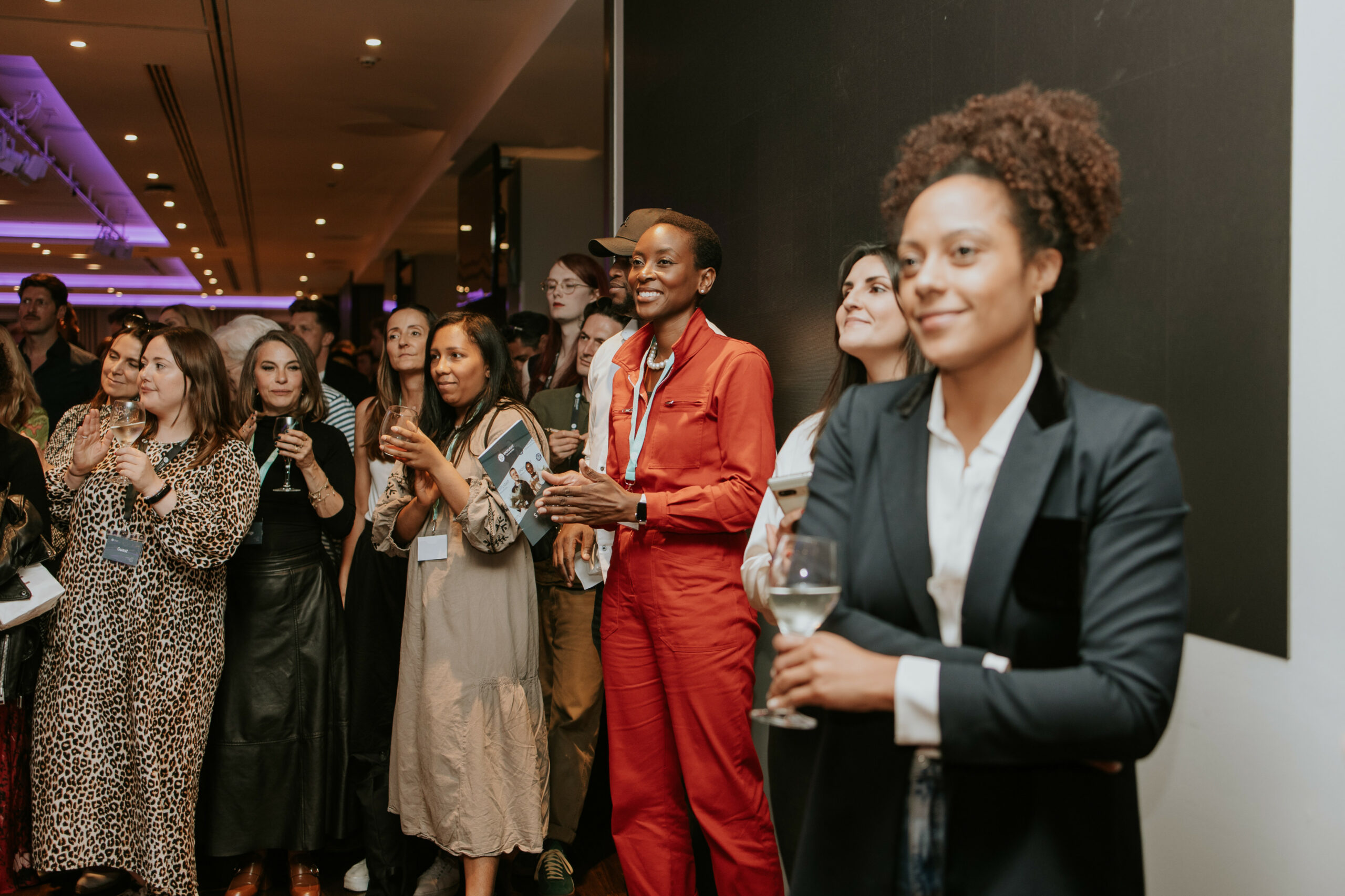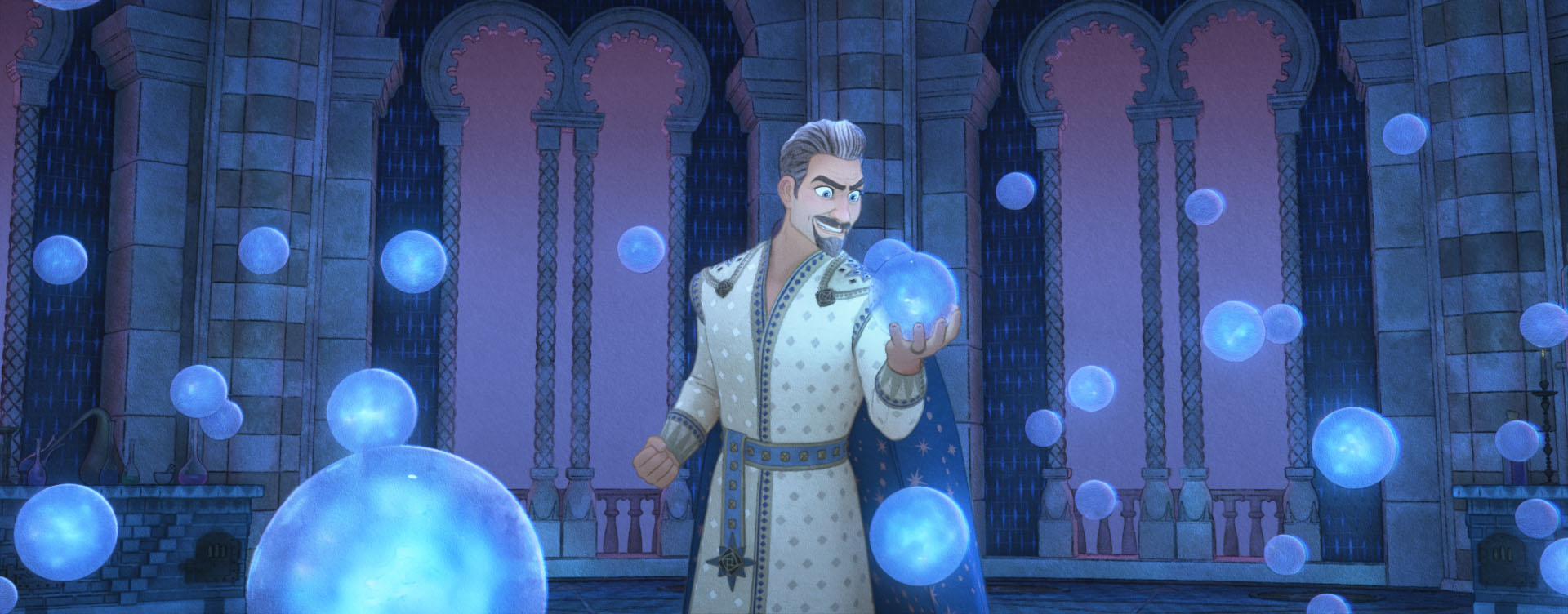Our interview with casting director Maureen Hughes on her latest casting challenge: RTE’s Taken Down – including how she found unrepresented talent via Spotlight!
Raidió Teilifís Éireann (RTE)’s newest drama series Taken Down reunites the creative team behind the hugely successful gangland drama Love/Hate, joined by best-selling novelist Jo Spain. Love/Hate ran for 5 series and launched the careers of Tom Vaughan Lawlor, Charlie Murphy, Killian Scott and Peter Coonan amongst others. Love/Hate was the gig that every Irish actor wanted, and huge anticipation surrounds the release of this new series
The woman credited with the discovery of so much new talent for Love/Hate, and to whom so many actors owe their career, is casting director Maureen Hughes. Maureen has teamed up once again with writer Stuart Carolan, producer Suzanne McAuley and director David Caffrey to work her casting magic on Taken Down. The drama centres around the death of a young Nigerian woman in Dublin, found abandoned by a Direct Provision Centre (where refugees wait for political asylum) and takes us into a world “where slum landlords and criminals prey on the vulnerable”.
The subject of the series required a hugely diverse range of actors, which had its own challenges for Maureen, who cast the net wide in order to find the right talent. She kindly sat down with us to discuss the project and these challenges.
The main challenge was the fact that when we started on the project, we didn’t have enough of a diverse acting community here… So, I knew we were going to be taking a risk, that we would be finding new talent that would have no experience.
How does it feel to be back with this creative team with whom you have had so much collective success?
One of the absolute joys of working with this team is the way it is set up. It is an incredibly collaborative team. Stuart Carolan… almost operates in the American system of show runner, which means he is across every department and has a very clear view of how the project should be made from the way he has written it… And then David Caffrey, the director, who I have worked with several times before, and Suzanne McAuley, the producer, are also very involved in the casting too. So, when you sit into a casting process with this team, it is four people feeding into it all the time. I don’t know of any other project I have worked on where you have that amount of collaboration on a casting process, so it has been thrilling to get back into it,!
It sounds like you have a great working chemistry…
There is great chemistry… I remember Stuart and David saying to me – when Love/Hate started – we want new faces. We want you to try to find us new talent because the success of this production, this world we are about to go into, will rest absolutely with the faces we put behind these characters, and we don’t want the audience to have any previews with most of them. So I thought, fantastic, because at that stage I had been following actors like Tom Vaughan Lawlor and Robbie Sheehan, wondering, ‘Will we ever get them a job in Ireland?!’ And suddenly here it is and I was thinking, oh my god, I have so many great people I want to show you… I know that I will never be a major blockbuster film casting director, I may not even ever be a major casting director, but if I am known for finding talent and putting it on the first step and nurturing it towards the beginning of its career, then I will be thrilled if that’s my epitaph.
Is there an added pressure for this show to be a success off the back of the unprecedented success of Love/Hate?
Yes, even early this year I saw a newspaper article speculating if Love/Hate might come back… my worry is of course that because [this project] is so different that it will be a shock initially. It doesn’t have Nidge, it doesn’t have John Boy. Taken Down is a completely different project because it is set in a new Ireland. When we walk down the main street of every town it is not a white Ireland anymore. Main street Ballyhaunis is not white, it is diverse and so this is the first drama that I think will really explore this new Ireland.
When you read a new script do you immediately begin to think of actors? Did you have any actors in mind straight away for this?
Yes. For instance, Florence Adebambo. I had been following Florence because she joined the Bow Street Young Filmmakers – in fact I had introduced her to Stuart. I feel that Stuart may have subliminally written for her without knowing. She is one of the main characters in the series and she is quite a talent. When the script came in and I saw that we had a wonderful role for a 15-year-old, I thought, oh my goodness, that’s Florence.
We had worked with Lynn Rafferty before on Love/Hate and had been really impressed with her work… I think Stuart, David, Suzanne and I had always dreamed of finding something bigger for her. So, when this project came in, she was very clearly the first option for us to look at as the lead character.
When we shot the first series of Love/Hate it was four episodes, and one of the big success stories in it was Brian Gleeson, who of course does away with himself at the end of the fourth episode and I remember heading into the second series and going, ‘Did we really have to kill Brian Gleeson so early?!’ So, I think there has always been a consciousness in this team to work with Brian again. We were really lucky when he said yes, that he wanted to come back to work with us again.
What were the challenges you faced casting this series?
The main challenge was the fact that when we started on the project, we didn’t have enough of a diverse acting community here. I had very limited pool of black actors or actresses with form to draw from here. So, I knew we were going to be taking a risk, that we would be finding new talent that would have no experience. And I am not afraid of that if I can match it in the project with really good experience, particularly if who I find has talent. We were really lucky to have attracted experienced actors like Aïssa Maïga from Paris and Slimane Dazi and Enoch Frost from London, because they encouraged the young black actors I had found here, people like Taby Ruigu, Aaron Edu and Florence Adebambo. They were aware that these actors were starting out their careers and they were incredibly protective towards them and that’s how it starts.
After the success of Love/Hate, were you inundated with requests to be seen for this project?
Yes and no. Ultimately this project is 80% diverse casting and so because we don’t have anything like the numbers we needed here, I wasn’t as inundated as you would think. So, I was allowed that lovely luxury of being able to mooch around for talent. I went to a lecture in UCG chaired by Dr. Bryan McMahon who is the chairman of the Direct Provision movement in Ireland and found this extraordinary woman called Blessings Moyo who has been in Direct Provision in Galway for eight years and had an incredible story about leaving Rhodesia. She is an excellent speaker and she has ended up in this project playing Momma, a great character who looks after all of the younger kids. She had never acted but she radiated something, whatever that is, and we wanted it.
We actually further cast a lot of our actors into the most recent Hozier video Nina Cried Power. They needed some political activists. So, Blessings is in it with her daughter Victoria, amongst others. It is great to find more work for talent that you discover because you want to build something for them. I need this to continue and I need us to open the doors to lots more fresh talent coming in because there is a phenomenal amount out there that we are more than ready to work with!
How else did you go about finding the new faces you needed for this series?
I work best being able to search and mooch by myself. So, I used Spotlight a lot. Spotlight was really useful for me because what I would do is go in and look for what I was looking for in a very specific way. For example, the character of Toby. We were looking for a young man in his early 20s to play a young African soldier who has been destroyed by war. So, I went in to Spotlight and I searched for young African actors. Spotlight brought up all those who matched my search and Sarah (Casting Associate) and I literally went through each one of them. I cast in a visual way; I think good casting comes from the vision first. So, I picked out the faces of the actors I was interested in and asked them to make a self-tape. And when the self-tapes came in, the actor that won the part on the self-tape was a young actor with hardly any experience. A young guy called Reomy Mpeho. He was based in London, and for me, everything I needed was in the way he held himself, the way he spoke. He had this incredible fractured beauty which really worked for the role of Toby for me.
You actually found and cast some unrepresented actors through Spotlight?
Marlene Madenge who plays Esme wasn’t represented, she didn’t have an agent. So, she came through just by being a member of Spotlight. Had I got on to the agents only, in my search, I would never have found Marlene. It was the equivalent of me being able to work in London in the way that I work here, where I walk around the streets and see an interesting face and think, ‘Will I follow that person into that café and ask them to call me?’
Spotlight offered me a way into people that agents wouldn’t have shown me without me having to be physically in London… All my searches in London were through Spotlight – if they weren’t on Spotlight, I didn’t see them. We didn’t have the budget for me to go to London and go to theatres, so it became an increasingly important tool. I find Spotlight really useful and it is really easy for me to go in and cast out of Spotlight.
Senegalese-born French actress Aïssa Maïga plays one of the main characters. She is a big name on the international scene and an amazing name to have on board. How did she get involved?
Aïssa is a very big international name. She is one of the leading black actresses in France, she is a political activist for the black acting community, she launched her first book in Cannes this year called Noire N’est Pas Mon Métier (My Profession is Not Black). She was the biggest surprise of all for me.
I was testing the waters with this role, it was the lead role and I needed quite an extraordinary actress. I put a brief out on Spotlight and a range of fantastic actors came in to me but none of them really matched the image in my head. Then I got an email from a personal manager in LA, who clearly reads Spotlight, and she said, ‘Have you ever thought of Aïssa Maïga for your project?’ I looked up Aïssa and I wrote back… I get an email saying Aïssa loves the script and you need to negotiate. I told her I had hardly any money and she said to send them our best offer. We worked out a deal and Aïssa was on board. That was my first sublime piece of casting and I thought, ‘I cannot believe I have landed this woman!’ Subsequently she has gone on to work with Chiwetel Ejiofor… He has recently made a film on his life called The Boy Who Harnessed The Wind and Aïssa plays his mother.
What do you think drew her to the role?
I think for somebody as political as Aïssa, the story chimed for her because she is watching what is happening in Europe now with immigration, she is extremely aware politically. I asked her… and she said because we need to make this sort of television and nobody is making it.
Aïssa is a mother herself and she has oodles of empathy, it just flows off her, and I needed this character to have that because she not only is the mother of the two boys within the Direct Provisions centre, she radiates maternalism to all of the people there and they all gravitate around her. I needed her to have something rather special there and Aïssa has it in buckets and it is that thing that you cannot act.
I think acting and casting has changed so radically over the past 10 years and visibility within this industry as an actor is what you have to work at. Shooting your own stuff, developing material, keeping your presence on Spotlight fresh.
How important is it for Irish productions to seek out new talent?
I think it is really important. I look at what has happened in Ireland in the last 10 years with young talent and we have never had it so good at the top table with people like Jack Reynor, Barry Keoghan, Charlie Murphy, Ruth Negga, Saoirse Ronan, Sam Keeley – there’s a phenomenal amount of young Irish actors actually out there on big films and big television series internationally. If we don’t find them here and give them the break or the first step, they are not going to get there. We have to find them first.
Casting director Nick McGinley found Sam Keeley. He did Misfits and then I got him to do a bit of Raw and suddenly he was on a plane and we never saw him again – we didn’t have to, he was set up. He had a CV, he had met people and he was extending himself as an actor. And that would be true of Jack (Reynor) and Barry (Keoghan), Sarah Greene, Dominque McElligott, Kerry Condon. It’s really important that we continue in this country to support young emerging talent because if we don’t then they won’t get to the next step.
What advice would you give to actors in general when it comes to approaching casting directors?
I am very conscious that most of the acting community out there isn’t lucky enough to be represented, because there are so few agents in this town, so I see no problem with actors engaging with us by email to send us invitations to see them in a show or if they have a self-tape. We will look at it, I can’t refuse it, it might just be brilliant, and it might be just what I am looking for at the time. An email doesn’t hurt anyone, I could decide to leave it for a week to open it, but I will open it.
As a casting director, what advice do you have for actors with their Spotlight Profiles?
I think acting and casting has changed so radically over the past 10 years and visibility within this industry as an actor is what you have to work at. Shooting your own stuff, developing material, keeping your presence on Spotlight fresh. Spotlight do offer a great page. Self-taping is huge now and many directors are agreeing to cast from tapes now.
I can go into Spotlight and take down CVs but the ones I will favour are the ones that have a showreel, or a tape, something that will show me the actor’s range that I can send to the director, who may cast them based on that. So, for all the actors who do not have a showreel or tape on their page, I feel they are not getting the value that they should be…
Thank you to Maureen for giving us her time to chat about the casting process for Taken Down. If you have any questions for us or want to talk more, check out our Irish twitter here.












